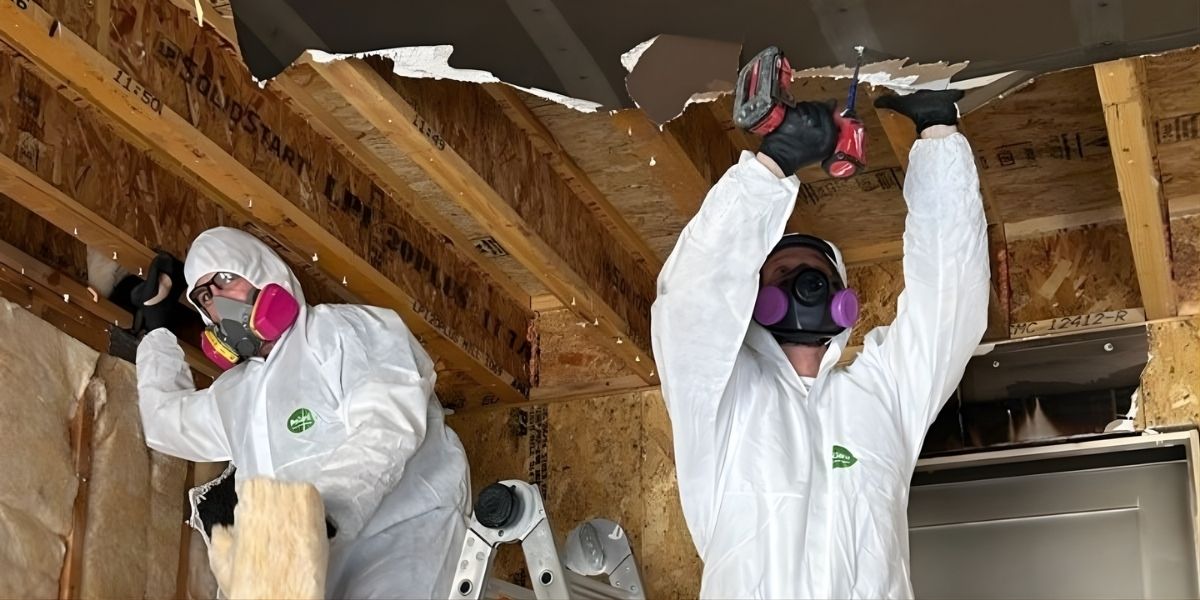Finding Your Unique Voice as an Actor
In the world of acting, the term “voice” carries more than one meaning. It’s not only about vocal tone or speech—it’s about discovering the qualities that set you apart as an artist. Finding your unique voice as an actor is about identifying what makes your presence on stage or screen original, honest, and unforgettable. This process is both personal and professional, requiring self-awareness, exploration, and trust in your instincts. Once found, that voice becomes your greatest asset—your signature.
Read Also: Social Media Trends: Entertainment and Evolution
What Does It Mean to Find Your Voice as an Actor?
Finding your voice means recognizing your strengths, embracing your individuality, and channeling that truth into every performance. It involves a deep understanding of your physicality, vocal identity, emotional range, and perspective. Many actors spend years trying to mold themselves into what they believe directors want. But the most impactful performances come from actors who lean into who they are, not who they think they should be.
Your voice is the intersection of craft and identity. It’s the way you inhabit characters, the tone of your choices, and the lens through which you tell stories. Whether your energy is subtle or explosive, your voice is what makes you irreplaceable.
How Can You Begin to Uncover Your Authentic Self on Stage?
The journey to discovering your unique voice begins with self-reflection. Every actor brings a personal history, cultural background, and worldview to the work. These elements influence how you connect with characters, interpret scenes, and express emotion.
1. Observe Yourself Without Judgment
Self-awareness is key. Take note of your instincts in scenes. Are you naturally expressive or restrained? Do you find yourself leaning toward comedic timing, vulnerability, or authority? Instead of forcing a change, lean into those traits. They could be clues to your artistic identity. Embrace the things that make you different—they often lead to your most compelling work.
2. Train with Intention
Acting classes help refine your skills, but they also reveal your tendencies and preferences. The exercises that challenge you the most often expose areas where your authentic voice can grow. Choose coaches who value individuality and help you develop rather than reshape your instincts. The goal isn’t to erase your personality but to sharpen your truth.
What Role Does Vulnerability Play in Shaping Your Voice?
True connection with an audience requires vulnerability. Your unique voice can’t emerge if you’re guarded or overly polished. Vulnerability is the bridge between technique and truth. It’s the willingness to be seen—not just as a performer, but as a human being.
1. Tap Into Personal Experience
The most powerful performances often come from a place of emotional truth. Drawing from your own experiences allows you to bring a deeper authenticity to roles. You don’t need to mirror your life exactly, but understanding your emotional landscape gives you tools to create believable, layered characters.
2. Accept the Risk of Being Honest
Acting demands a level of emotional exposure that can feel risky. But it’s in those moments of risk—when you step beyond safety and allow the audience to see the real you—that your voice becomes unforgettable. Audiences don’t remember perfection. They remember truth.
How Can You Use Technique to Amplify Rather Than Hide Your Voice?
Training and technique are essential, but they should serve your individuality—not cover it. Vocal exercises, physical training, and script analysis help strengthen your range, but your essence should remain intact.
1. Voice and Movement as Expression
Your physical voice—tone, rhythm, pitch—is part of your artistic fingerprint. Explore different vocal techniques to expand your range, but don’t lose the qualities that make your voice recognizable. The same applies to physicality. Movement training can help you use your body with intention, but your natural presence should still shine through.
2. Character Work with Personal Connection
When approaching a role, look for places where your experiences or values align with the character. This doesn’t mean the character has to reflect you, but finding emotional access points deepens your performance. It makes your interpretation unique because no one else can bring the same life to that role.
What Steps Can You Take to Strengthen Your Artistic Identity?
Finding your voice is not a one-time achievement—it’s an ongoing process. Your voice evolves with every role, every rehearsal, every failure, and breakthrough. The key is to remain open to growth while staying grounded in who you are.
1. Reflect on the Roles That Resonate
Which characters have felt natural to you? Which performances made you feel alive? These experiences often reveal themes or emotional spaces where your voice is strongest. Keep track of them. Patterns will emerge.
2. Create Your Own Work
One of the most effective ways to clarify your voice is to create your own material. Writing monologues, producing short films, or developing stage work allows you to tell stories that reflect your values and interests. When you shape the narrative, you also shape your voice more clearly.
3. Surround Yourself with Honest Voices
Seek feedback from mentors and peers who understand your work. Their observations can help you see qualities you may have overlooked. Honest, supportive feedback helps you refine your voice without distorting it.
Read Also: The Influence of Fandoms on Social Media and Culture
Your Voice Is Your Power
In an industry that often pushes conformity, your individuality is your most powerful tool. Finding your unique voice as an actor is not about standing out for the sake of it. It’s about standing true—bringing your full, authentic self into the work. The actors who leave lasting impressions are the ones who tell the truth, even in fiction. When your technique supports your truth, and your choices reflect your identity, you don’t just act—you move people.








